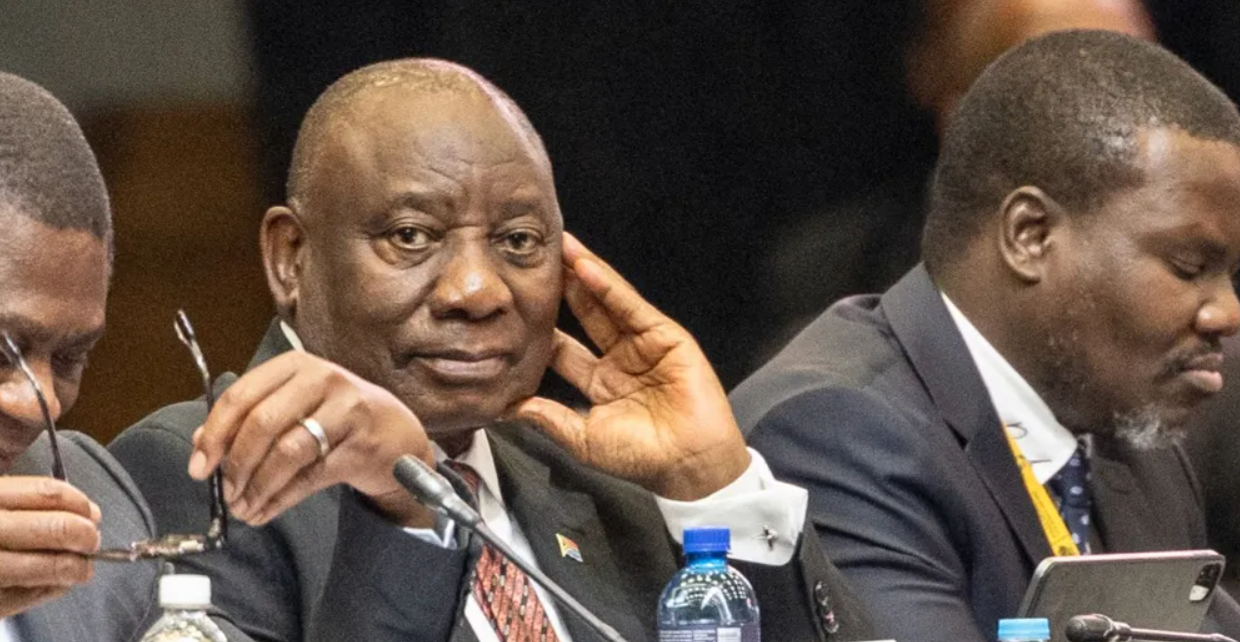The National Unity Government of South Africa: A Watershed Moment in History
Another national unity government has been formed in South Africa, thirty years after a comparable arrangement steadied the country’s transition to democracy from the controversial apartheid rule. The African National Congress (ANC), which was in power before the most recent elections, has formed a coalition in order to maintain power.
A Remarkable Alliance
For South Africa, this partnership is a watershed moment. Even though it appeared unlikely at first, the ANC has now allied with the Democratic Alliance (DA), a white-led party. The ANC has always had a left-wing position, in stark contrast to the DA’s support for free-market economics. A number of organizations, including some with ties to the National Party, which was in power under apartheid, merged to become the DA.
The Current Political Climate and Its Obstacles
There are still numerous unresolved details regarding the partnership as of Friday afternoon. Parties within the ANC that have broken away from the unity government could have an impact. As the newly elected parliament meets for the first time following last month’s historic elections, this coalition will determine South Africa’s political trajectory.
“Today, the 14th of June 2024, marks the beginning of a new chapter for our beloved country,” said DA leader John Steenhuisen in Cape Town, where the parliament met. Information, such as the assignment of cabinet positions, is anticipated to be revealed in the days to come. This coalition is born out of political necessity, in contrast to Nelson Mandela’s 1994 national unity government, which he arranged from a position of power.
Relevance to the Past and Present
In 1994, the ANC formed an alliance with the National Party and the Inkatha Freedom Party, a Zulu nationalist group (IFP). Cyril Ramaphosa will serve another term as president thanks to the IFP’s (and the Patriotic Alliance’s) reaffirmation of their participation. Nevertheless, the uMkhonto weSizwe (MK) of former President Jacob Zuma and the extreme Economic Freedom Fighters (EFF), which enjoys support among Black youth in metropolitan areas, are not a part of this alliance.
Probability of a Coalition
It has been difficult to negotiate following the elections on May 29. Whether or if this partnership is successful is now the most pressing concern for many South Africans. “Gravitating to the center” is what voters want, according to ANC secretary-general Fikile Mbalula, so that parties can work together and avoid chaos.
Political differences are however very clear inside the coalition. Since the DA views the ANC’s black economic empowerment program and national health care policy as ineffective and biased in favor of ANC cronies, they oppose both. There may be room for compromise, according to Derek Hanekom, a former ANC member of South Africa’s initial national unity government, notwithstanding these disagreements.
Financial Consequences
Investors and the corporate sector may find solace in the announcement of this collaboration, as they were worried about the extreme left-wing views of the EFF and MK, who are natural allies of the ANC. Much has been unsettled by their shared position that land and property should be nationalized in order to alleviate racial inequities.
A national unity administration would include the DA and the EFF, but the MK would not be able to participate because they oppose the constitution. In contrast to the MK’s baseless accusations of electoral fraud and attempts to impede the legislative process, the EFF under Julius Malema intends to stay in opposition and seek positions in oversight committees.
Where the ANC Is Headed
Concerns about potential ideological watering down by the ANC in order to accommodate its new allies rank high among the party’s adherents. A coalition, according to Mbalula, does not mean that the ANC’s fundamental beliefs would be changed. Nevertheless, some worry that outside the coalition, this division of power could give their opponents more confidence.
“The success or failure of this grand coalition will have huge repercussions,” states Dr. TK Pooe of Wits University’s School of Governance. “If dissatisfaction grows, it will only strengthen the EFF and MK.”
Possible Results
The ANC is playing with fire, as Derek Hanekom points out. There is no room for failure on this second opportunity. How well the ANC does in this partnership might decide its fate and the course of the country.
Dr. Pooe agrees, speculating that the coalition’s results could signal a fresh start or a gradual descent into a growing nation facing difficulties.
Ultimately, the newly formed national unity government in South Africa stands at a pivotal crossroads, presenting both obstacles and possibilities. How well this coalition handles its ideological differences and delivers the stability and progress the country needs will be determined in the years to come.


















